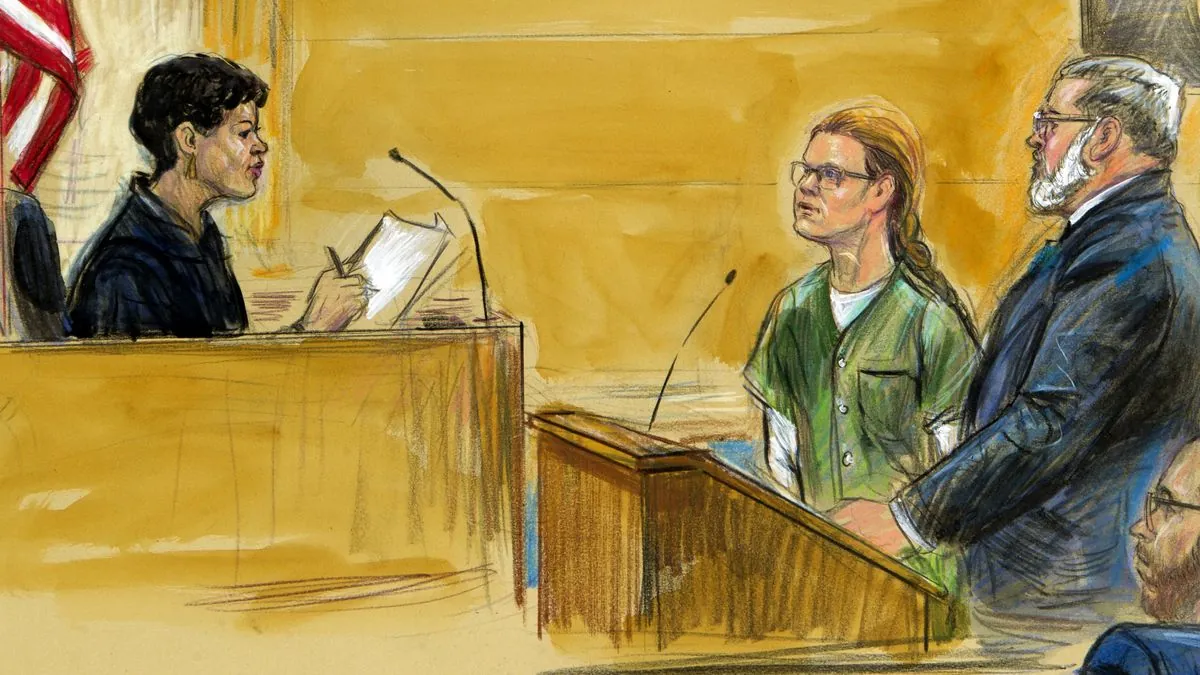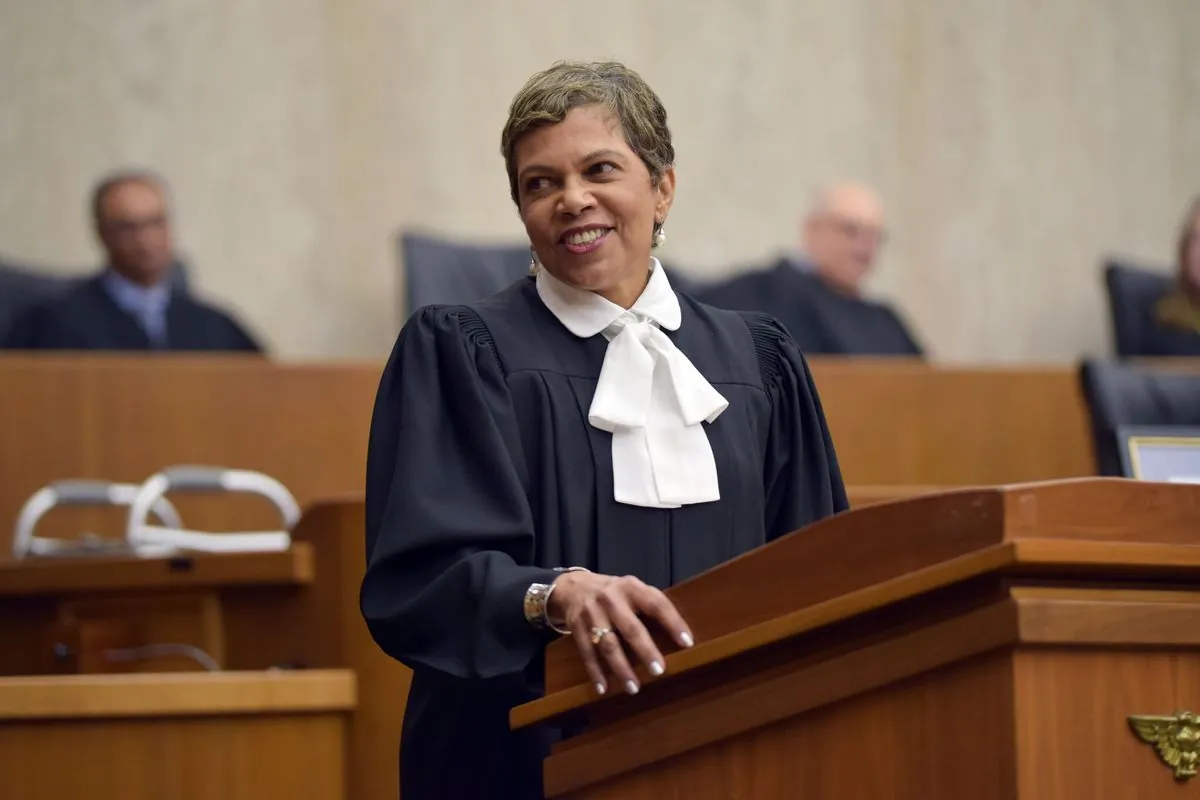Judge Chutkan Challenges Trump's Legal Team in Election Case Hearing
In a tense hearing, Judge Chutkan questioned Trump's lawyers' tactics in the 2020 election subversion case, suggesting attempts to delay proceedings. The court grappled with immunity issues and case progression.

In a significant development in the legal proceedings against Donald Trump, U.S. District Judge Tanya S. Chutkan presided over a crucial hearing on September 5, 2024. This marked the first court session in nearly 11 months, following the Supreme Court's ruling on presidential immunity.
The hearing centered on determining the future course of the case related to alleged attempts to subvert the 2020 election results. Judge Chutkan, known for her no-nonsense approach, expressed concerns that Trump's legal team might be employing delaying tactics to push the case beyond the upcoming November 5, 2024 election.
"This court is not concerned with the electoral schedule."
The judge's statement underscores the judiciary's commitment to maintaining impartiality and focusing solely on legal merits, regardless of political timelines.
Special Counsel Jack Smith's team proposed a strategy to address immunity-related issues first, aiming to prevent multiple appeals that could prolong the case. Prosecutor Thomas Windom argued for a comprehensive approach, suggesting they could present a detailed brief by late September 2024.
Trump's attorney, John Lauro, vehemently opposed this suggestion, labeling it as "fundamentally unfair" and contradictory to standard criminal procedure. Lauro emphasized the defense's right to challenge various aspects of the prosecution sequentially.
The hearing also touched upon the potential disclosure of evidence, including grand jury testimonies and FBI interviews. This unusual step, necessitated by the immunity litigation, could bring new information to light in the coming weeks.

Judge Chutkan demonstrated skepticism towards several arguments presented by Trump's team. She dismissed concerns about the upcoming election's proximity, stating, "I am definitely not getting drawn into the electoral process." This stance aligns with the principle that federal judges, appointed for life, should remain insulated from political pressures.
The case's complexity is further heightened by its intersection with constitutional law. The Supreme Court's recent ruling on presidential immunity has added a new layer of legal considerations, requiring careful navigation of the boundaries between official acts and private conduct.
As the legal proceedings unfold, they continue to test the resilience and adaptability of the U.S. judicial system. The case against Trump not only carries significant political implications but also raises fundamental questions about executive power, accountability, and the balance between different branches of government.
Judge Chutkan indicated that she would set a schedule for the case soon, potentially as early as the day of the hearing. However, she acknowledged the likelihood of appeals, regardless of her decisions, which could further extend the timeline of this high-profile case.
The ongoing legal battle serves as a reminder of the intricate relationship between law and politics in the American system, highlighting the crucial role of an independent judiciary in upholding the rule of law, even in the face of unprecedented challenges.


































